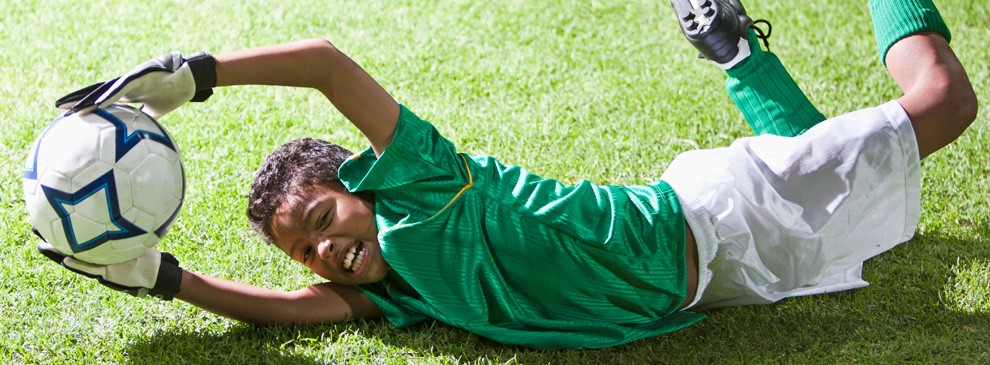The long-term benefits of improving your toddler’s memory skills

If your toddler is a Forgetful Jones, you might want to help boost his or her brainpower sooner rather than later. New research shows that preschoolers who score lower on a memory task are likely to score higher on a dropout risk scale at the age of 12.
“Identifying students who are at risk of eventually dropping out of high school is an important step in preventing this social problem,” says Caroline Fitzpatrick, first author of a study recently published in Intelligence, and a researcher at Concordia’s PERFORM Centre.
She and the study’s other researchers, who are affiliated with the Université Sainte-Anne and Université de Montréal, have suggestions for how parents can help kids improve their memory.
The study examines responses from 1,824 children at age two and a half, and then at three and a half. That data is then compared to the school-related attitudes and results of these children when they hit grade seven.
Results were clear: those that do better on a memory-testing imitation sorting task during toddlerhood are more likely to perform better in school later on — and therefore more likely to stay in school. The imitation sorting task is specifically effective in measuring working memory, which can be compared to a childs mental workspace.
“Our results suggest that early individual differences in working memory may contribute to developmental risk for high school dropout, as calculated from student engagement in school, grade point average and whether or not they previously repeated a year in school,” says Fitzpatrick.
“When taken together, those factors can identify which 12 year olds are likely to fail to complete high school by the age of 21.”
Help at home
“Preschoolers can engage in pretend play with other children to help them practise their working memory, since this activity involves remembering their own roles and the roles of others,” says Linda Pagani of the Université de Montréal, co-senior author.
“Encouraging mindfulness in children by helping them focus on their moment-to-moment experiences also has a positive effect on working memory.”
Pagani also notes that breathing exercises and guided meditation can be practised with preschool and elementary school children. In older kids, vigorous aerobic activity such as soccer, basketball and jumping rope have all been shown to have beneficial effects on concentration and recall.
The researchers note that another promising strategy for improving working memory in children is to limit screen time — video games, smartphones, tablets and television — which can undermine cognitive control and take time away from more enriching pursuits.
“Our findings underscore the importance of early intervention,” says Fitzpatick.
“Parents can help their children develop strong working memory skills at home, and this can have a positive impact on school performance later in life.”
Partners in research: First author Caroline Fitzpatrick is a researcher at Concordia’s PERFORM Centre and a professor of psychology at Université Sainte-Anne. Co-senior author Linda Pagani is a professor at the École de Psychoéducation at the Université de Montréal and a researcher at the Centre de recherche du CHU Sainte-Justine. The study was conducted and supported by the Groupe de recherche sur les environnements scolaires.
Read the full study: “Early childhood working memory forecasts high school dropout risk.”
Thumbnail image courtesy of MamaMayI on Etsy.